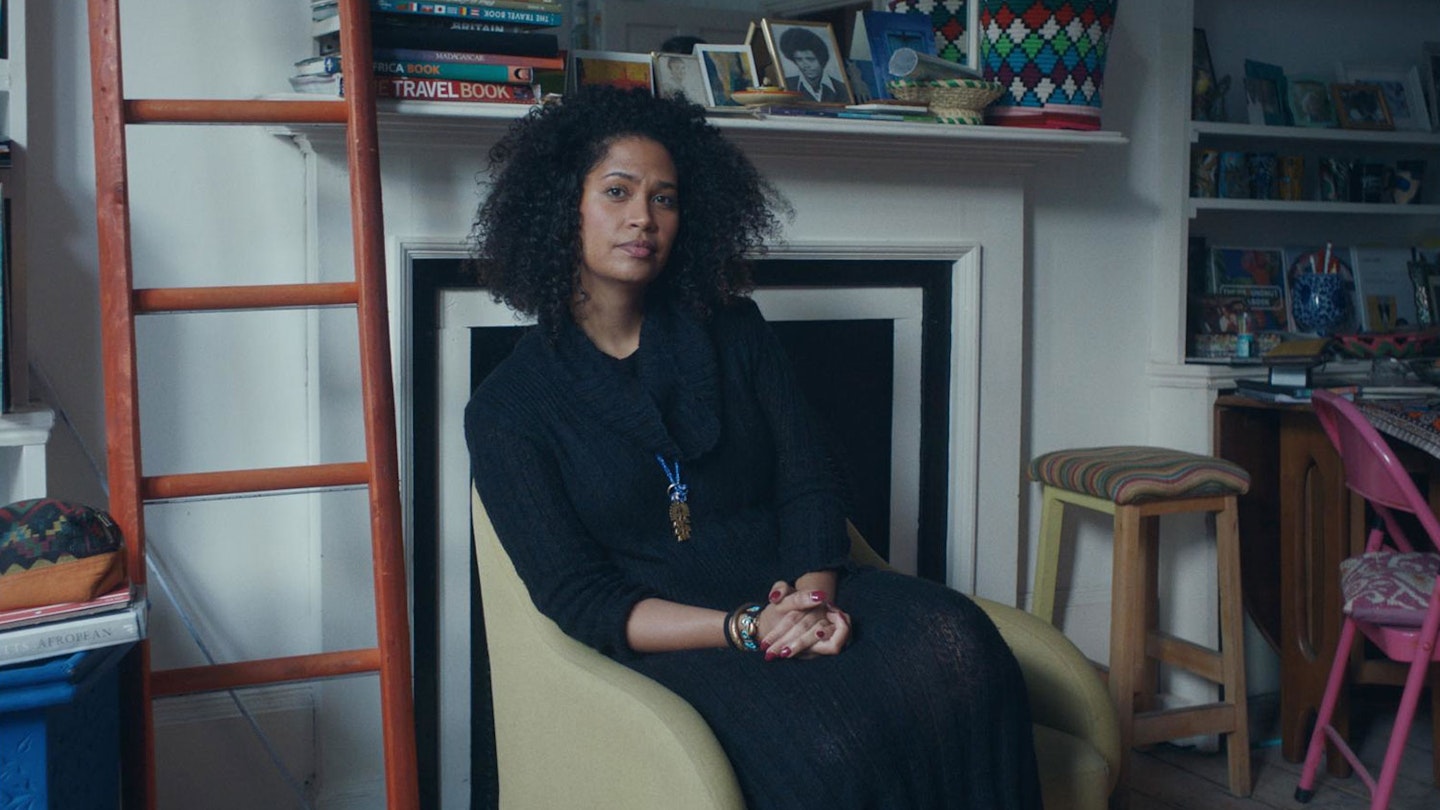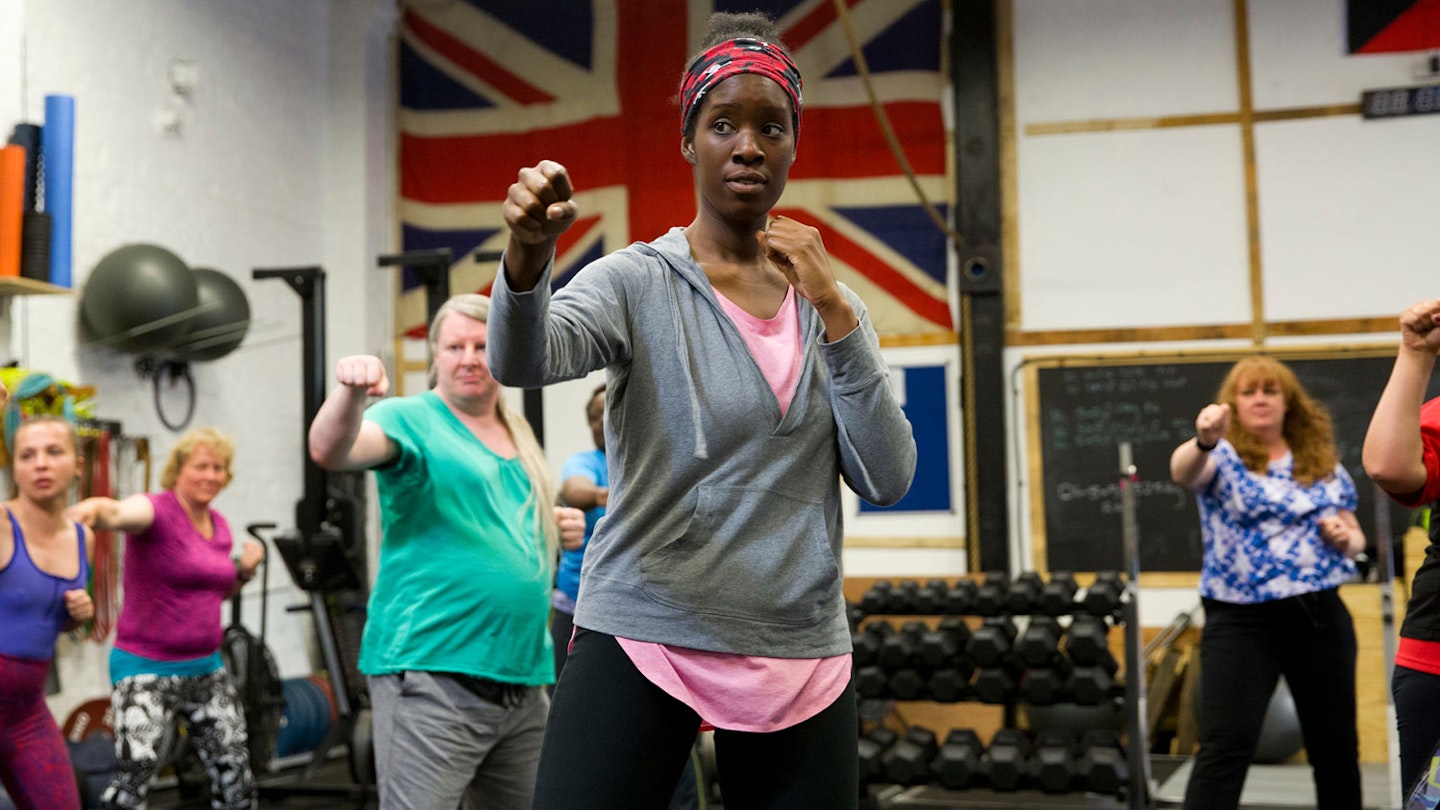With each step currently taking Britain further into the unknown, it's by no means certain that we'll be living in a united kingdom by the time of the next general election. Yet the stark reality of this situation is scarcely broached in a collection of 20 shorts that presents a very skewed vision of a deeply divided nation. Instead, producers John Jencks, Isabel Freer and Georgia Goggin have encouraged their chosen few to explore such lodestar topics as class, race, gender and community in didactic, often earnest tones.

Taken individually, the majority of the shorts have both thematic clarity and aesthetic acuity. But, in a single sitting, they begin to blur into one another, as viewers scarcely have time to take a message on board before they are required to refocus and process the next issue.
In this regard, it's easier to engage with the documentaries covering such topics as food banks (‘Left Coast’), post-industrial regeneration (‘Camelot’), acceptance (‘What's In A Name?’) and repatriation (‘Motherland’). But too many of the fictional vignettes strain for significance, with wit often being in shorter supply than nuance in tackling such issues as assimilation (‘British People’), dementia (‘Death Meets Lisolette’), loneliness (‘Ernie’), poverty (‘Pavement’) and Brexit (‘Swan’).
The pervading lack of positivity, let alone optimism carries into the experimental segments. But there's considerably more ingenuity on display in the quirky critiques of social media (‘Sucka Punch’), female desire (‘Grit/Oyster) and pollution (‘Acre Fall Between’). Interpretive dance is even used to explore racial perceptions in ‘The Conversation’, while Hope Dickson Leach demonstrates the value of a well-aimed thump in ‘Strong Is Better Than Angry’, which does more than any other contribution to fulfil the brief of providing “a bright flash of insight” in order to open minds and spark debate.
